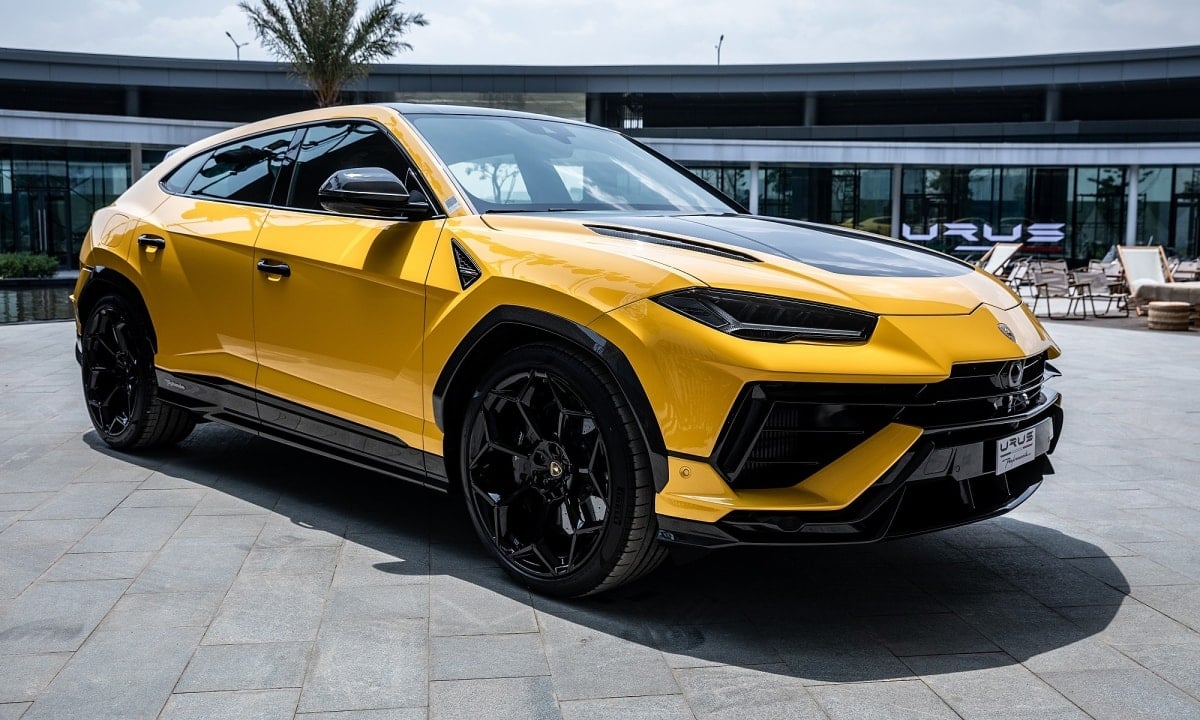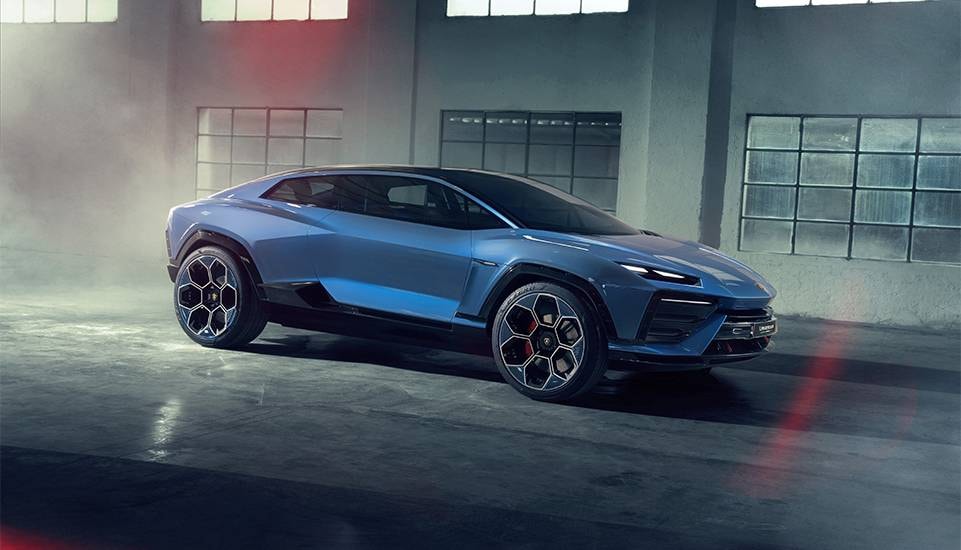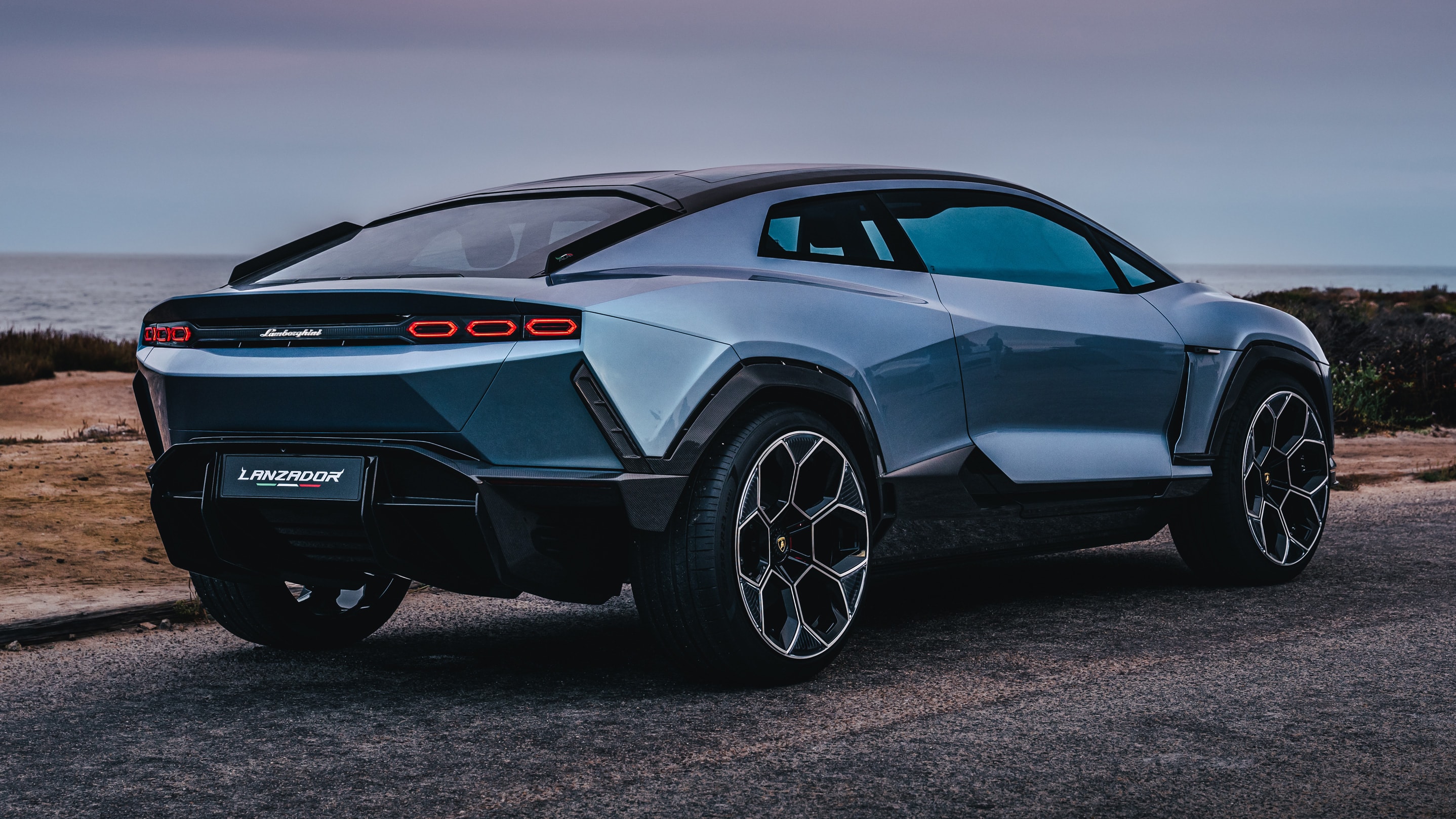Lamborghini still wants to keep the gasoline engine as long as possible
Lamborghini, the famous Italian supercar brand, is facing major challenges in its electric vehicle development plan. According to CarExpert, the Lanzador electric concept car, which was expected to be launched in 2028, has been delayed to 2029.

Not only that, the original direction of a pure electric car is now being reconsidered. Lamborghini CEO Stephan Winkelmann shared that the company is considering whether to develop the Lanzador as a fully electric car or switch to a plug-in hybrid. This decision needs to be made soon to shape the company's future strategy.
Lamborghini’s change in strategy reflects a broader reality in the global auto market: demand for electric vehicles is growing more slowly than expected. In particular, supercar brands like Lamborghini, known for their powerful internal combustion engines and distinctive sounds, are having trouble transitioning to electric vehicles.
Its loyal customers still love the driving feel and power of gasoline engines, making a full-electric replacement a major challenge. This has forced Lamborghini to consider more flexible options, such as hybrids, to meet emissions regulations while maintaining its brand identity.

Not only Lanzador, Lamborghini's famous SUV Urus is also being adjusted. Initially, the company planned to replace the Urus with a pure electric version, but now the Urus will be developed as a plug-in hybrid.
The decision shows Lamborghini is cautious about making a full transition to electric vehicles, especially when the market is not ready for fully electric supercars and SUVs. Instead, plug-in hybrids could be a middle ground, helping the company balance performance and environmental requirements.
Lamborghini is committed to keeping gasoline engines in its two-seater supercars for as long as possible, because they are what make the brand so appealing. Winkelmann stressed that Lamborghini customers expect cars that deliver strong emotions, something that gasoline engines still do better than electric cars at the moment.
The company also pinned its hopes on synthetic fuel, a clean fuel that could extend the life of internal combustion engines without violating strict emissions regulations. However, pressure from environmental regulations around the world has forced Lamborghini to invest more heavily in electrification solutions.

The slowing trend of electric vehicles globally
Lamborghini isn’t the only automaker adjusting its electrification strategy. Many other major brands are facing similar challenges.
Ford has canceled plans to develop a three-row electric SUV, Nissan has scrapped several electric sedans, and Honda is said to have halted development of several electric SUVs.
Even Ferrari, Lamborghini’s biggest rival, has postponed the launch of its second electric car for two years due to weak demand, according to Reuters. These moves show that the auto industry is facing a challenging transition period, especially in the luxury segment.
Despite delays and strategy adjustments, Lamborghini remains committed to pursuing electrification, but at a slower pace and with a more flexible approach.
Larger models like the Lanzador and Urus will be the focus of the electrification plan, while two-seat supercars will still be fuel-powered. The trade-off between pure electric and plug-in hybrids shows Lamborghini trying to find the right path to meet customer demand while complying with strict regulations.
The future of the Lanzador and other Lamborghini electric models will depend on how the market reacts over the next few years.
Source: https://baonghean.vn/buoc-lui-cua-lamborghini-trong-chien-luoc-san-xuat-xe-dien-10303358.html





























![[Photo] National Assembly Chairman attends the seminar "Building and operating an international financial center and recommendations for Vietnam"](https://vphoto.vietnam.vn/thumb/1200x675/vietnam/resource/IMAGE/2025/7/28/76393436936e457db31ec84433289f72)







































































Comment (0)